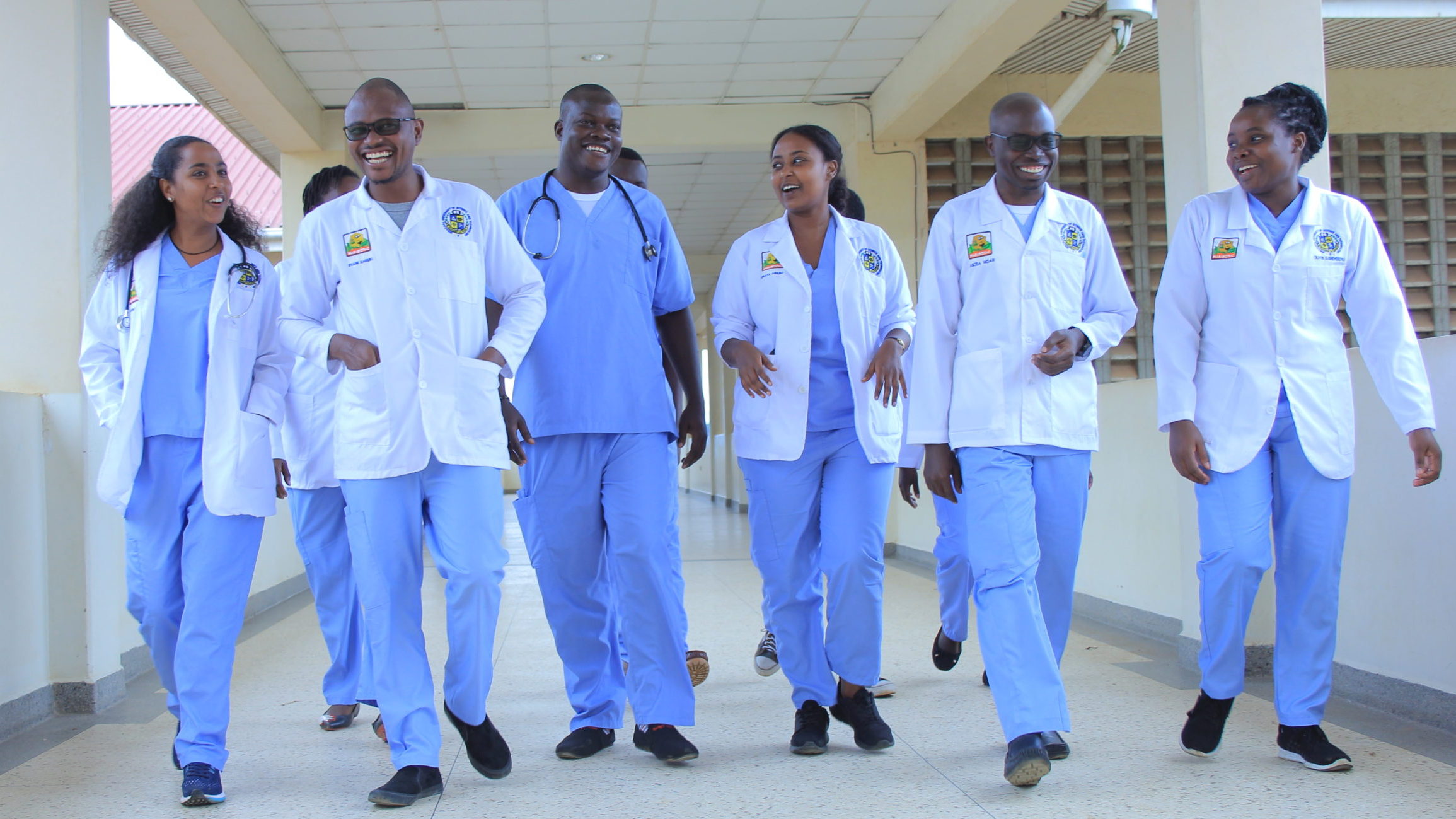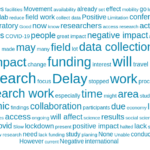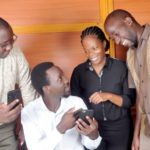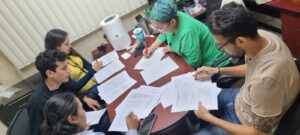
How a Gender Alliance aims to tackle inequities in higher education in Uganda
Femi Nzegwu describes the new Uganda Gender Alliance and the role it hopes to play in breaking down gender barriers in research and higher education in Uganda.
Worldwide, there are many inequities between women and men in higher education, in opportunities to enter higher education and in progressing to senior roles, as well as imbalances in publishing papers and participation in setting research agendas.
Over recent years INASP has been exploring with partners how to help redress these imbalances, as we discuss in this recent post, with a current focus on Uganda and Ethiopia.
In Uganda, INASP and the Ugandan National Council for Science and Technology (UNCST) have partnered, with Sida funding, to catalyse the growth of a network of researchers across Uganda (the Uganda Gender Alliance) that recognises the need to mainstream gender in all of its research, is committed to addressing gender barriers within its institutions and seeks to be responsive to the specific and holistic needs of both women and men researchers in Uganda.
From November 2019 to March 2020 the partnership ran four rounds of workshops across the country in Kampala, Arua, Busitema and Mbarara. These training sessions were designed to accomplish four objectives:
- Advance the vision, in very practical ways, of actively promoting institutional and national gender equity as captured in the 2018 Uganda research dialogue that INASP and UNCST also convened
- Engage regional higher education institutions and research institutes with the aim of agreeing a common understanding of gender terminology, the gender gap in Uganda, gender mainstreaming, and redressing the impact of institutionalised gender inequity.
- Introduce participants to a potential national resource such as the gender alliance to support and grow institutional efforts at gender equity, including ensuring that gender considerations are embedded in all research
- Identify key activity areas required to begin or continue to promote gender equity institutionally.
Over the course of six months we interacted with 65 institutions across four regions (Arua, Busitema, Kampala and Mbarara) including private and public universities, research institutions in health, agriculture, fisheries, industrial research, government ministries of gender, statistics and information technology and close to 150 women and men researchers. Discussions were vibrant and energising, focused on how these researchers could put in place mechanisms that would enable their institutions, individually or as a collective or collectives, to advance this vision internally and within the communities of which they are an important part. We as facilitators were challenged to create the type of workshop setting that would elicit clear options on the way forward from within this group of learned and highly motivated scholars, civil servants and policymakers.
Every workshop had its own exciting highlights:
- In Muni University, the location of the north region workshop, a dynamic and accomplished Vice Chancellor, Professor Christine Dranzoa challenged the audience to take responsibility for addressing this issue within their universities and community. At the same university a male gender focal point, Wahid Abdul Ijosiga, brought to the workshop an insight to the gender question and a track record of community engagement that turned the fallacy of gender as a “women’s affair” on its head.
- In the eastern region workshop, which was held at Busitema University , a participant from LivingStone International University, Filliam Efiti, Dean of the School of Media Technology, returned to his university to brief his Vice Chancellor, Dr. Henry Buregea, on the importance and relevance of the workshop to their institution. This resulted in the management team voting to appoint a qualified female lecturer, and the only woman to head a department of research at the institution. In the words of Filliam, “I believe what we have learnt from the workshop will leverage gender issues in LivingStone International University to yet another level”.
- The Kampala workshop in the central region brought together a number of national figures in academia and government to craft the framework of such an alliance – the vision and approach that would allow for this initiative to take root and grow across Ugandan institutions in a manner that was fully owned and sustainable.
- In the western region workshop, held at Mbarara University of Science and Technology, we encountered one of the greatest jewels of our journey – an app designed by a team of university staff to report and prevent gender-based violence on the campuses of Ugandan universities and other higher institutions of learning. Read more about this app in tomorrow’s blog post.
Next steps
UNCST’s and INASP’s consultation and training exercise across four regions of Uganda were hugely successful and useful events in helping us to ascertain the best way to advance the creation of a network of gender equity-committed researchers to effect change institutionally and nationally.
So what are the next steps?
- Each region has appointed a “caretaker” contact person or persons to contribute to the establishment of the Uganda Gender Alliance.
- This core “caretaker” group (comprised of UNCST, regional representatives, Alliance members from the national dialogue and INASP) will develop a draft charter for the Alliance.
- There will be an election of members to office – regional and national.
- We will hold a meeting of the national committee (date to be confirmed).
- UNCST will second a staff member to coordinate the work of this important Alliance.
- We will develop a draft plan of action for the Alliance.
- We will begin to produce quarterly newsletters to update members and keep them connected.
Across the country there was enthusiasm to engage in these discussions and address gender inequities and we look forward to sharing developments as they arise.
For further info contact Ismail Barugahara and Femi Nzegwu
Cover photo courtesy of Mbarara University of Science and Technology

 Previous Post
Previous Post Next Post
Next Post


